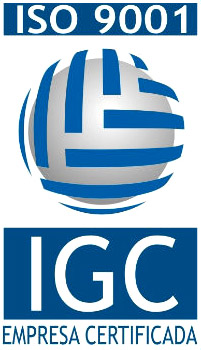Umbilical cord tissue-derived mesenchymal stem cells (UC-MSC) are a type of stem cell that has been shown to have therapeutic potential in a variety of diseases, including rheumatoid arthritis (RA). This study proposes to investigate the safety and efficacy of UC-MSC therapy in RA patients who have not responded to other treatments.
The study will enroll 20 RA patients who will receive a single intravenous infusion of 100 million UC-MSC. Patients will be followed for 52 weeks, with safety and efficacy measurements at 3 and 12 months.
The safety record of UC-MSC is well-established, and the study team does not anticipate any serious adverse events. The study is currently ongoing, and results are not yet available. However, if the study is successful, it could lead to the development of a new treatment option for RA.
UC-MSC are a type of stem cell that can differentiate into a variety of cell types, including bone, cartilage, and muscle. They have also been shown to have immune-modulatory properties, which means that they can help to regulate the immune system. RA is an autoimmune disease, which means that the immune system attacks the body’s own tissues. UC-MSC therapy may be able to help to suppress the immune system and reduce inflammation in RA patients.
